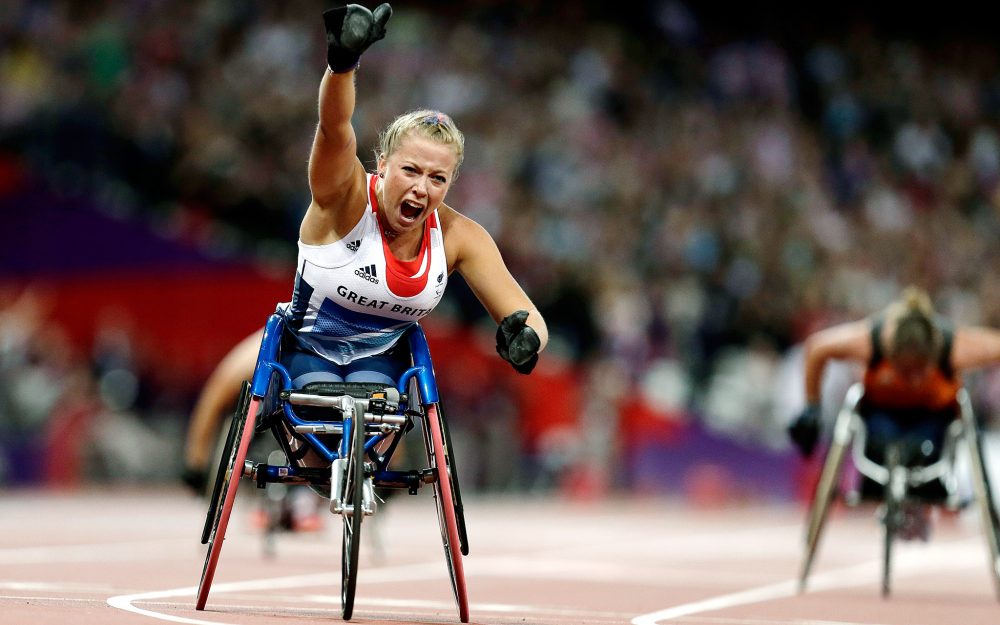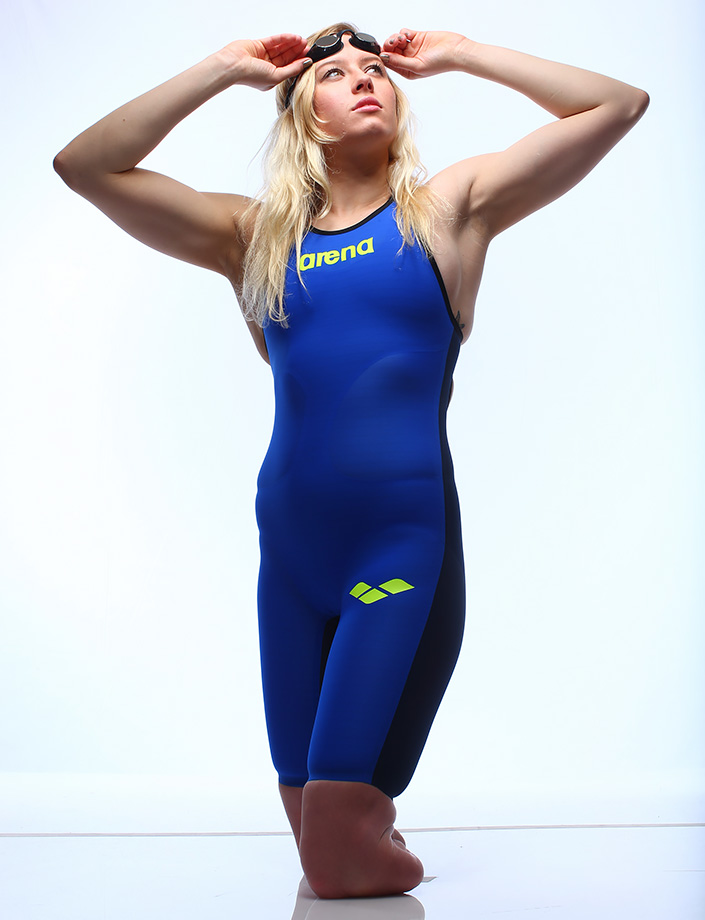
The Olympic Games have become the biggest non-military event on our planet. The scale and complexity of the event is further increased by the Paralympic Games being conducted in the same venues. The Games provide a test and a showcase for a city and a nation’s ability to stage large and complex events and to welcome the world’s diverse people. Among many other challenges, they provide a huge test for how prepared we are to deal with the fact that human diversity inherently includes people with disabilities.
The Paralympics highlight the need to deal with issues of disability access and inclusion, but it would be a serious mistake to view these issues as only relevant to the Paralympics and not the Olympics. To match up with their training routine, athletes need to divulge heir training diet, guilty food pleasures. WF brings you top ten nutritional tips for aspiring athletes…

Women Fitness team interviewed Jessica Long, current world record holder in 13 Paralympic events, who is also winner of twelve gold medals in Paralympic Games. Regarding her nutrition, Jessica said “Being an elite athlete I can’t eat bad food and expect to perform well. I try to put the healthiest foods into my body to perform at my very best. I absolutely love oatmeal with almond butter and frozen blueberries for breakfast. It’s my favorite!”
Another three time paratriathlon & world champion, Melissa Stockwell, reveals her success mantra “Time Management and Setting Up Priorities” and speaks about her nutrition “It is not my strong point and I have to make a conscious effort to make good choices. I always try to have some quick protein right after a hard workout and then balance the rest of the day with carbs, veggies and protein depending on how intense the workouts will be the following day. Since having my son in November and trying to loose the baby weight quickly, I am extra conscious about my meal choices.”
Olympic legend Sally Gunnell, who broke numerous records during her athletics career says” I think it’s important to remember that eating healthily doesn’t necessarily mean having to have the same things over and over again.” It means “always experiment with new recipes and ingredients, and focus on making simple food swaps to make meals healthier than the traditional recipes.”
Regarding hydration, drinking plenty of fluids is key, but sometimes this can lie quite heavily on the stomach, which isn’t ideal when training. Hydro-tabs offer great hydration and they’re basically calorie free, so one can often use these to keep them going when doing long distance training.
Snack lightly in between meals. This will also help to reset your body clock while travelling. Nuts or dried fruit – provide a great mix of good fats and protein.
This is what Esther Lofgren, a highly accomplished rower, Olympic gold medalist 2012 has to say “Sports can make a difference in recovering from a devastating injury–as well the realization that, as sheepish ID (intellectually disabled) athletes love the journey, the training, racing, and working every day to get a little better at something the same way that I and other non-ID athletes do. I’m really happy to support my AWL teammates as they work towards the World Championships and Paralympics in 2016!”
All the Best! WF wishes you all Success.